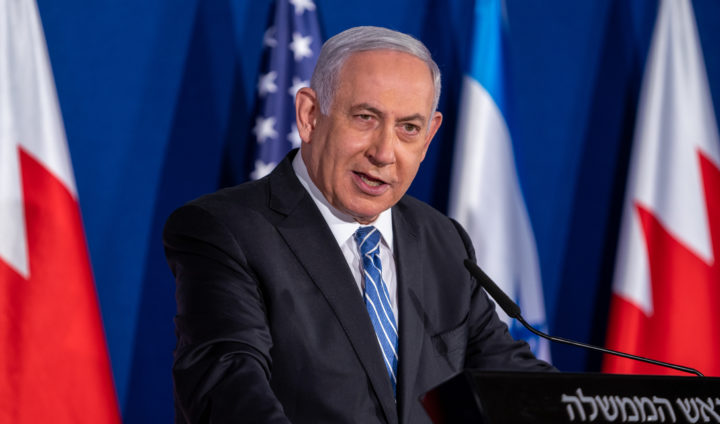The International Criminal Court (ICC) has issued arrest warrants for Israeli Prime Minister Benjamin Netanyahu and former Defence Minister Yoav Gallant, accusing them of committing war crimes. The court stated on Thursday that there are ‘reasonable grounds’ to believe both men intentionally deprived Gaza’s civilian population of essential resources for survival. In addition, the ICC has also issued a warrant for Hamas military chief Mohammed Deif for alleged crimes against humanity and war crimes. Israeli officials previously claimed that Deif was killed in an air strike in southern Gaza earlier this year.
The ICC’s move follows a six-month application process by Prosecutor Karim Khan, who urged the court in August to act promptly, citing the adverse impact of delays on victims’ rights. The decision has sparked strong reactions from Israel, with Prime Minister Netanyahu’s office denouncing the warrants as ‘anti-Semitic’ and dismissing the charges as baseless. Comparisons were drawn to the Dreyfus trial, with Netanyahu’s office expressing confidence that the outcome would similarly vindicate the accused. Meanwhile, Hamas welcomed the warrants against Netanyahu and Gallant, calling it a step towards justice, though they criticised the scope of the decision as symbolic without broader international support.
Reactions from the international community have been mixed. Jordan, South Africa and the European Union supported the ICC’s decision, emphasising the importance of accountability and adherence to international law. In contrast, the United States criticised the court’s jurisdiction and procedural handling, rejecting the decision outright. Meanwhile, European nations such as France and the Netherlands affirmed their commitment to the ICC’s independence, though legal complexities regarding enforcement were noted. Switzerland reiterated its obligation under the Rome Statute to cooperate with the ICC, including arresting individuals named in the warrants if they enter Swiss territory.
Amnesty International hailed the ICC’s actions as a long-awaited step towards justice for alleged war crimes in Palestine and Israel. The organisation stressed that no individual responsible for such crimes should be granted a ‘safe haven’. The decision has ignited a broader discussion on the role of international justice and the challenges of balancing legal mandates with political sensitivities in a deeply polarised conflict.







